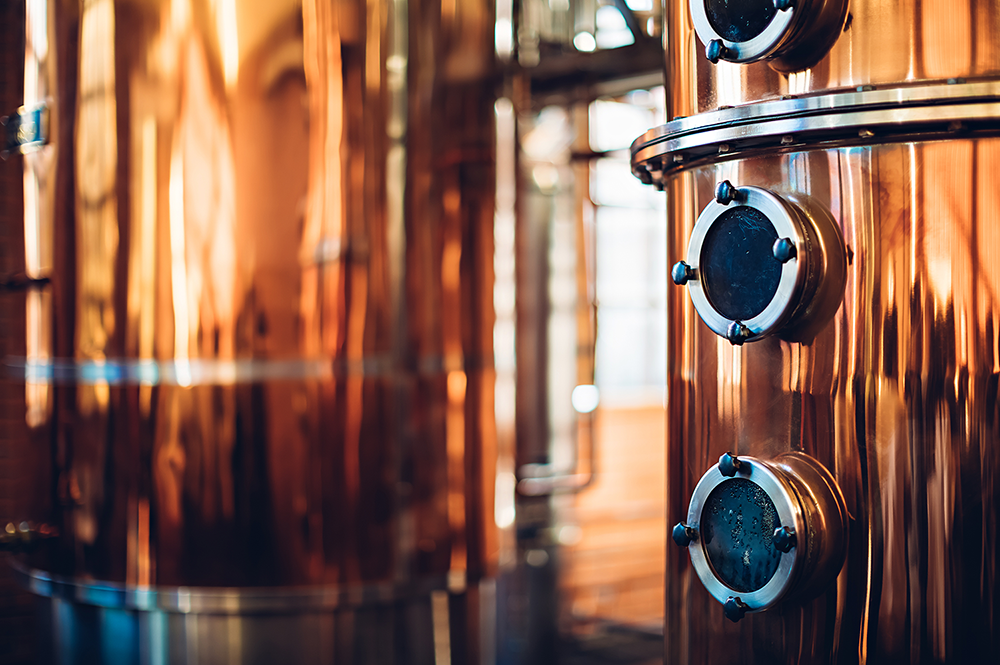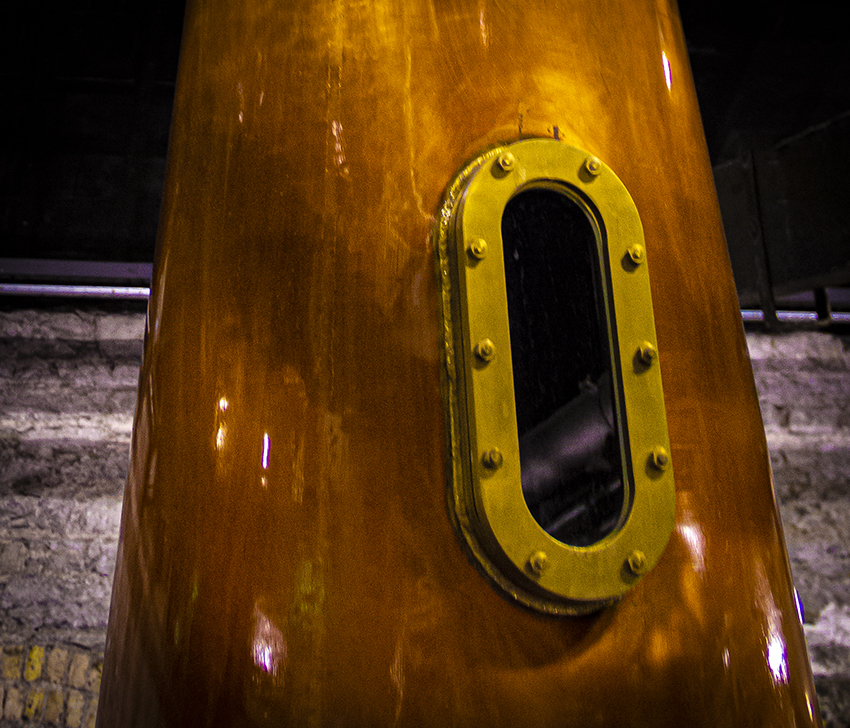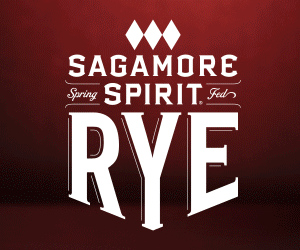Stories
Whisky is a passion to explore. From the history of the spirit to the evolution of the industry, the story of whisky helps fuel that passion. Often, it’s easy to forget that whisky is also a global multibillion dollar industry. The stories of whisky — from news and new releases to in-depth inquires and what goes on behind the label — blend together to help us appreciate the spirit of whisky.

Whisky Distillers Left Out of UK Energy Relief Program

February 17, 2023 – Wine, cider, and beer qualify for relief under the UK Government’s new energy relief program, but whisky distillers have been left out, despite the fact that distilleries use more energy than their competitors in the drinks industry. The government’s Energy and Trade Intensive Industries scheme is designed to provide financial support for industries hit hard by the rise in electricity and natural gas prices, with eligible companies receiving a discount based on the difference between wholesale prices and a set price threshold.
According to the Scotch Whisky Association, 53 percent of distillers have seen their energy costs increase in the past year, while 72 percent expect those costs to rise this year. Chief executive Mark Kent said in a statement that distillers have been left out in the cold at a time when the government is considering lifting the current freeze on excise duties in next month’s budget address. Most distilleries rely on natural gas to fuel their boilers and heat their stills, with others relying on fuel oil.
“Scotch Whisky has consistently delivered for the UK economy when given stability and certainty through duty freezes, enabling the industry to reinvest in the economy. Our message to the Chancellor is clear – increasing duty would be the wrong decision and the wrong time. By freezing duty the government can support Scotch and avoid unnecessarily fuelling inflation at a time when there are already significant pressures on businesses and households, and consumers,” Kent said.
Most of the industries eligible for the scheme are manufacturing-based, but the list also included wineries as well as brewers and cider makers. Those industries were selected based on a combination of their energy usage and trade intensity. More details on the program are to be published next month.








